X-Men ’97 premiered on Disney+ last night, and the first two episodes were amazing. The animation is beautiful, the story is engaging, and the characters are as lovable as ever. Having eagerly awaited its release, I settled in to watch the first two episodes, which are the only ones available at this time. Let me start by saying, the show was nothing short of astonishing—truly a 10 out of 10 experience that managed to reignite the spark of the beloved original ’90s cartoon.
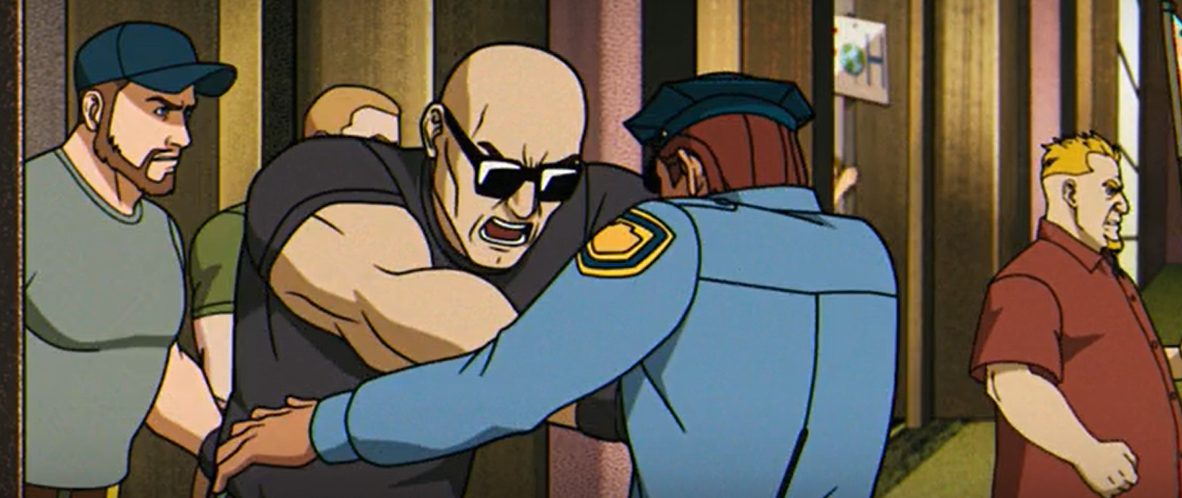
However, there is one troubling detail that I noticed in the first two episodes: the Friends of Humanity, an anti-mutant group that the X-Men are dealing with, is an all-white group in the new cartoon.
In the comics and the early 1990s cartoon, the Friends of Humanity were composed of non-mutants of all colors. This was an important detail, as it showed that anti-mutant sentiment was not limited to any one race or ethnicity. However, in the new Disney+ cartoon, the Friends of Humanity are primarily all white people. This change is troubling, as it suggests that the writers are projecting hate towards Caucasians.

What does this change signify? Are the writers unintentionally casting a shadow of bigotry on a single demographic? The lack of diversity within the Friends of Humanity in ‘X-Men ’97’ seems to paint hate as a uniquely Caucasian issue, which is not only inaccurate but also potentially harmful. It’s a disservice to the complex narrative of intolerance and fear that ‘X-Men’ has always sought to address—a narrative that acknowledges bigotry can take root in any community, regardless of color.
Disney, a group that usually demands diversity, did a 180 here. Why?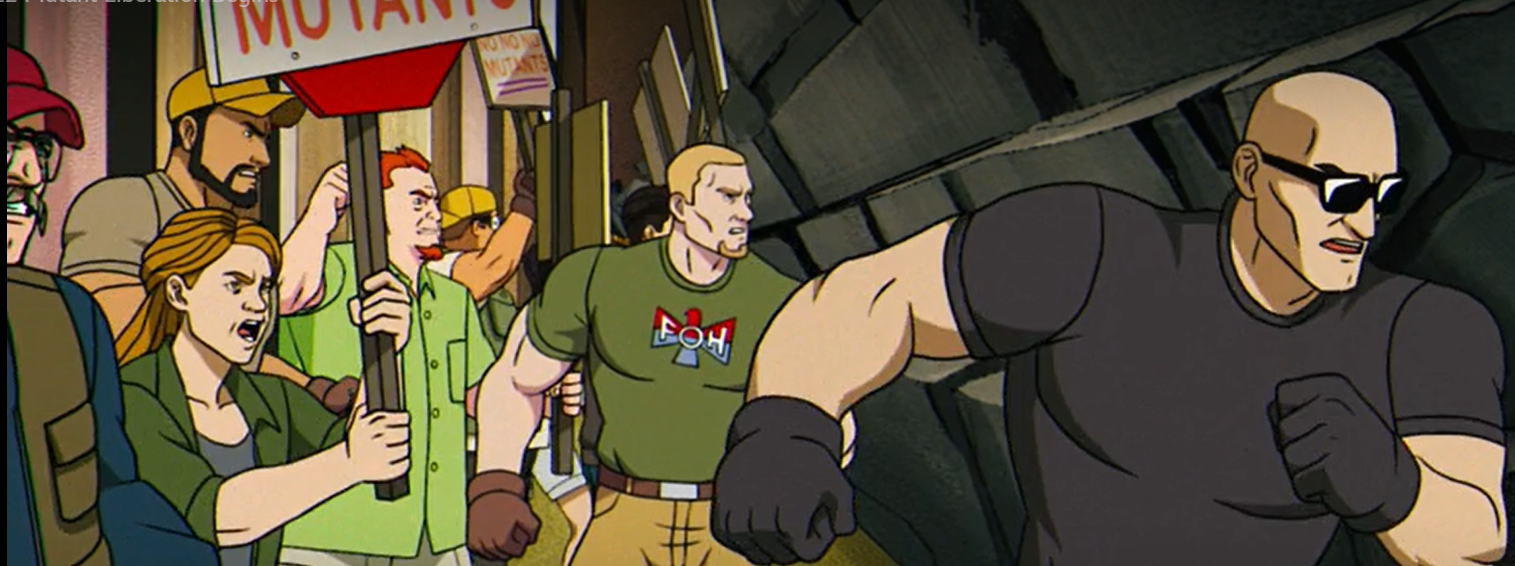
friends of humanityNow, we must ask ourselves: is this the result of a misguided consultation? Has the push for diversity and representation in media inadvertently swung the pendulum too far in one direction, fostering a new form of prejudice in the process? It’s worth investigating who these consulting entities are and what their influence entails. We need to question whether this creative decision serves the story and message of ‘X-Men,’ or if it’s a reflection of a broader issue within the industry, where the fear of misrepresentation leads to a different brand of stereotyping.
As fans and consumers of media, we should encourage a dialogue about these portrayals. It’s crucial that we maintain the integrity of the ‘X-Men’s’ core themes—unity, acceptance, and the fight against hate in all its forms—without inadvertently demonizing any one group. ‘X-Men ’97’ has the potential to be a beacon of inclusive storytelling, as long as it remembers the inclusive roots from which it sprung.
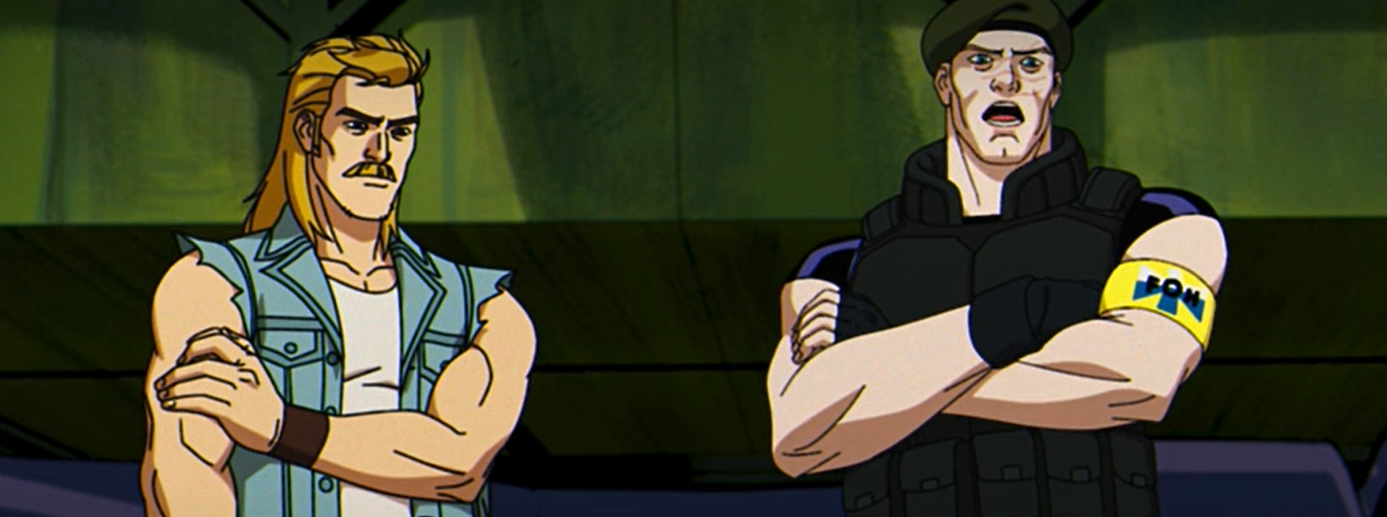
It is possible that the writers of X-Men ’97 consulted with a company like Sweet Baby Inc. when making the decision to make the Friends of Humanity all white. Sweet Baby Inc. is a consulting company that specializes in diversity and inclusion. The company has a history of working with major corporations, including Disney.
The following is a list of writers for X-Men ’97:
- Beau DeMayo
- Charley Feldman
- Eric Lewald
- Julia Lewald
- Raven Metzner
- Steve Melching
- Steven Melching
- Ted Sullivan
- Will Upson
I urge the writers of X-Men ’97 to reconsider their decision to make the Friends of Humanity all white. This change is unnecessary and harmful, and it does not reflect the values of the X-Men.
Retro-Replay has reached out to the show writers to ask for an apology, and is currently waiting a response.
 Retro-Replay.com Retro gaming reviews, news, emulation, geek stuff and more!
Retro-Replay.com Retro gaming reviews, news, emulation, geek stuff and more!


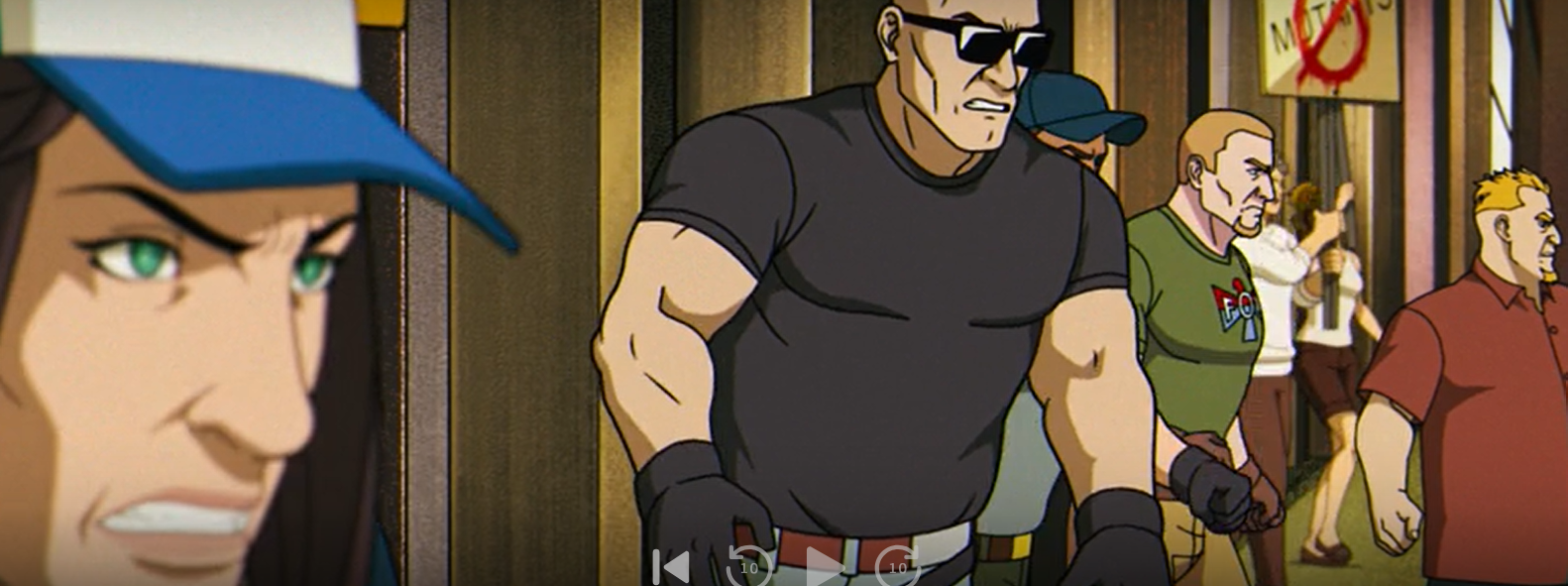
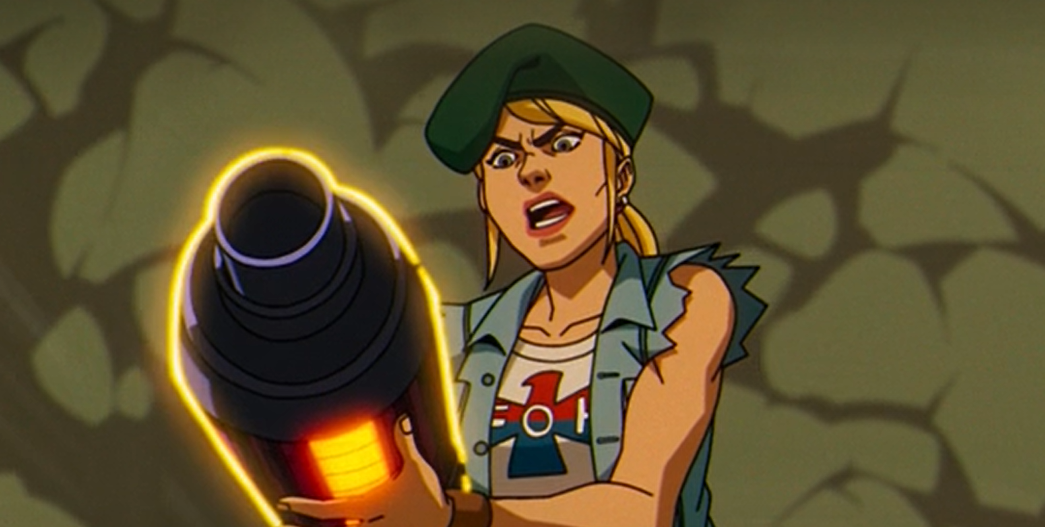
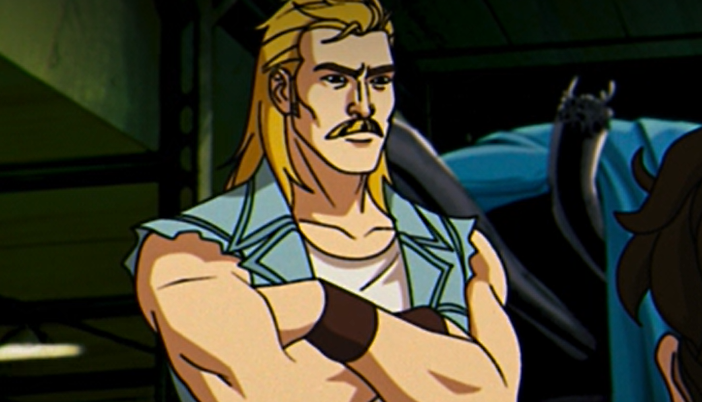
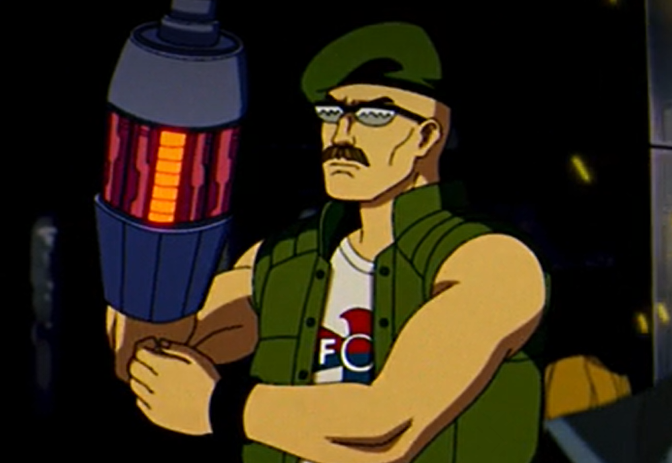




Get. A . Life.
If you dont like, no one is forcing you to watch it.
It’s a fictional take on history. Historically speaking, it’s been people with fair pigmentation that have been the seeders of hate, subjugation and enslavement. Why should X-Men be any different in that representation?
You sound racist bro. We do not do that here, KWS. Please bring your hatred somewhere else.